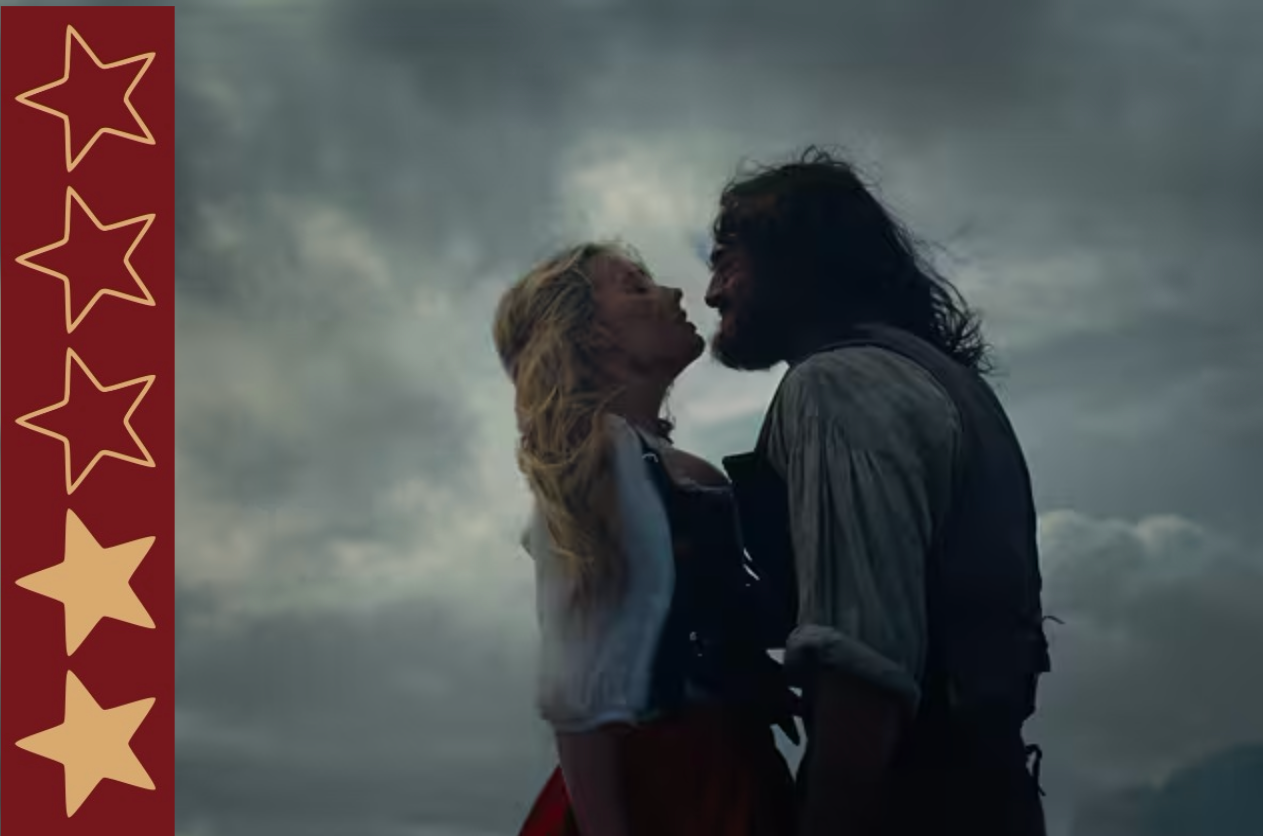With the Watershed’s ‘French Film Festival on Tour’ starting on 12 December, we asked some of our writers about their top picks of French cinema.
Au Revoir les Enfants (1987) dir. Louis Malle
By Eve Crocker, Second Year, English
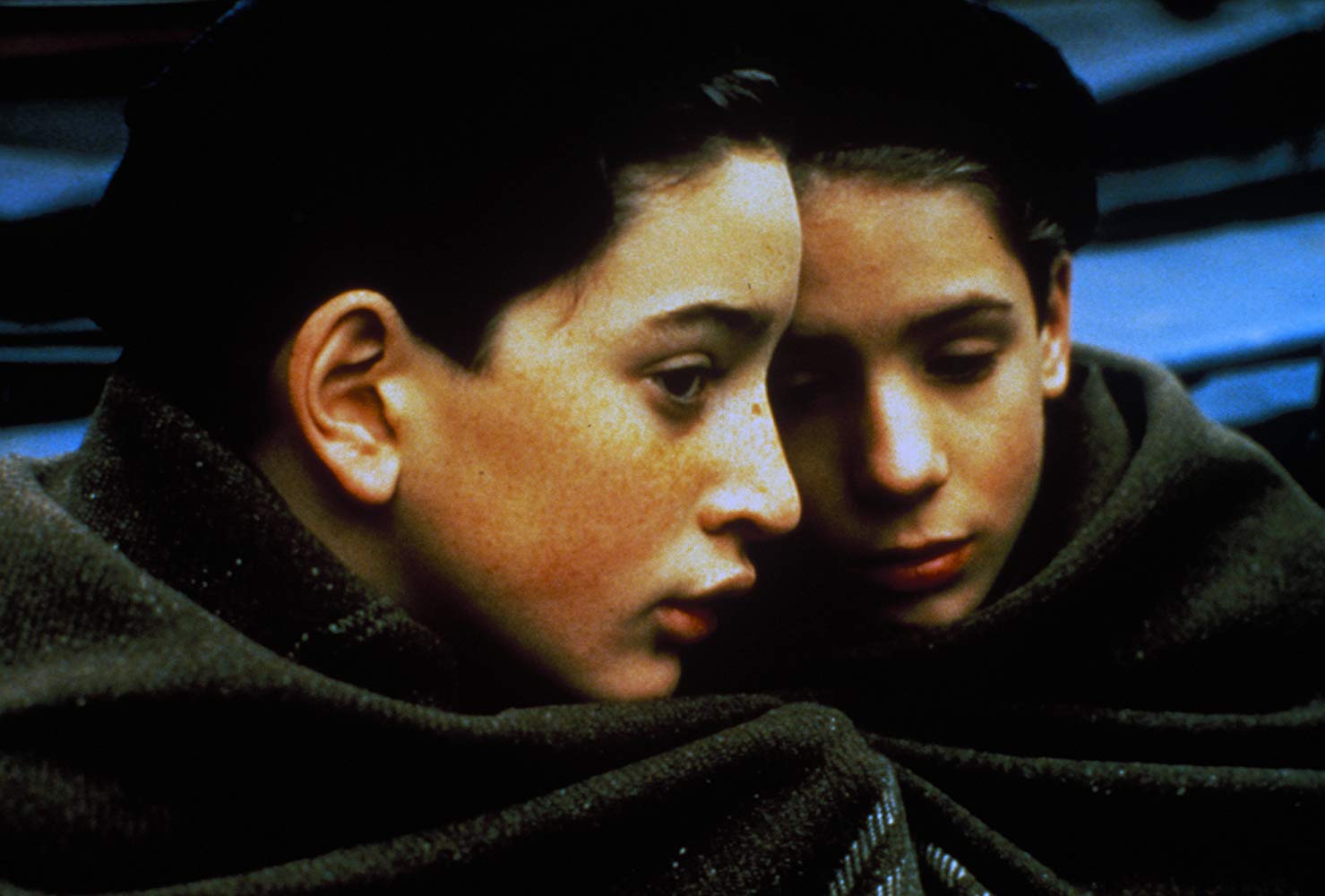
Au Revoir les Enfants was my first introduction to French cinema, and more specifically French responses to the cultural guilt surrounding the Nazi Occupation of the 1940s.
An autobiographical film for Malle and born from a powerful memory, he succeeds in creating a movie which is highly specific and moving, yet not sentimental in its portrayal of France at one of its darkest moments.
The plot is mainly concerned with the friendship between 12 year olds Julien and Jean. Julien, spoilt and neglected, quickly becomes fascinated with Jean, the new boy in an elite Catholic boarding school, who is soon revealed to be Jewish and in the protection of a kind priest (played powerfully by Philippe Morier-Genoud).
Malle succeeds in creating a movie which is highly specific and moving, yet not sentimental in its portrayal of France at one of its darkest moments
Malle does not deal with absolutes within this film, but instead attempts to grapple with the trespassing of evil upon ordinary lives - the German soldiers are presented sympathetically at points, and Julien is not left blameless by the time the credits roll. If you want a film that explores childhood innocence and guilt, or if you simply want to cry, then I highly encourage you give Au Revoir les Enfants a watch.
Blue is the Warmest Colour (2013) dir. Abdellatif Kechiche
By Stephanie Kelly, First Year, Liberal Arts
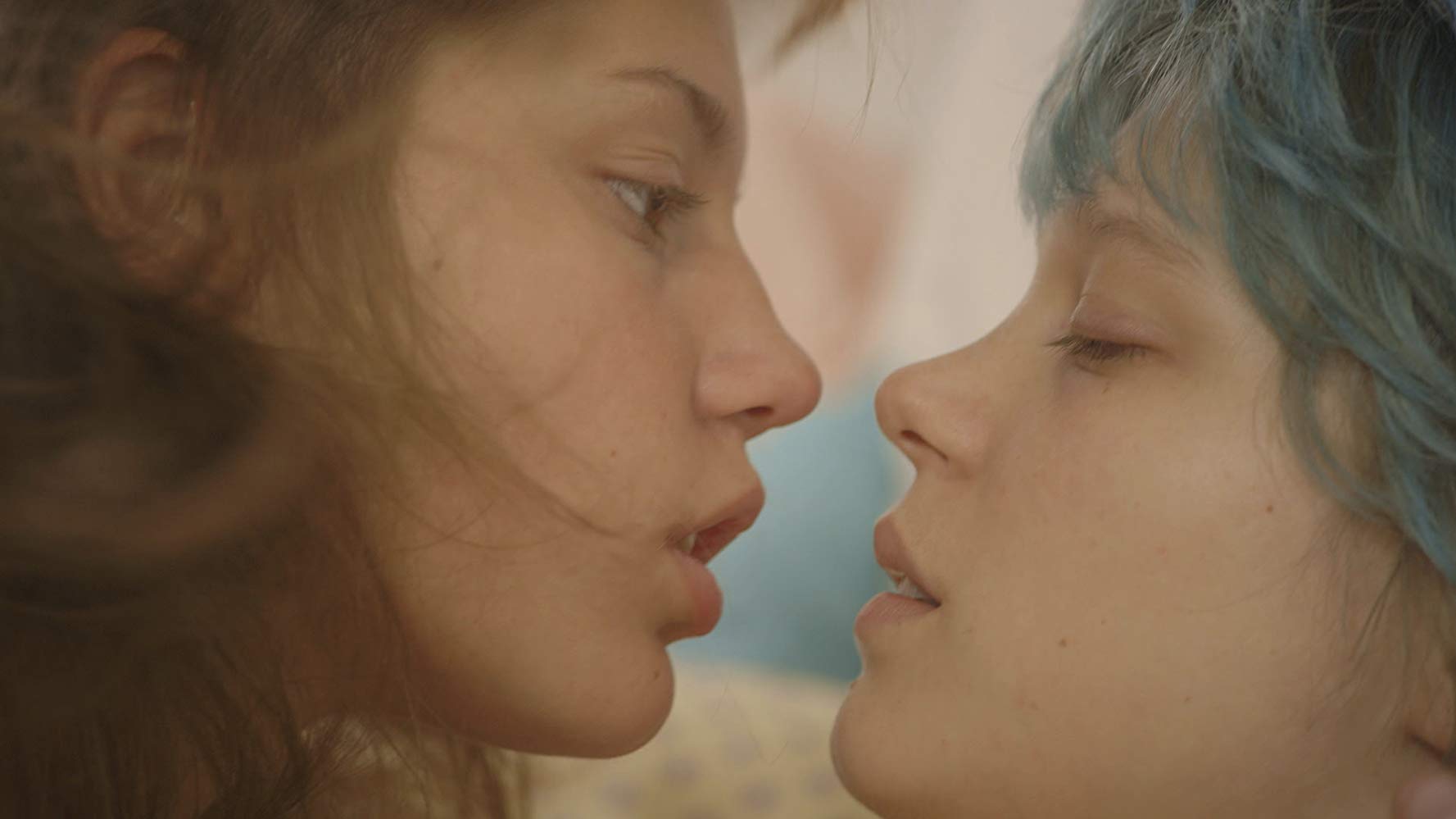
Blue is the Warmest Colour propelled a cultural shift - but at what cost?
Foreign language films tend to not get the recognition they deserve, and French films especially are no longer propelling the industry as much as in the twentieth century. Hollywood and the Academy Awards are shamefully biased towards American and British Films; however, a handful of French films have broken through to English speaking audiences and retained their significance through the years.
| French, gay, and lit in neon: why Don't Look Down checks all my boxes
One such movie is La Vie D'Adèle, Chapitres 1 & 2, more commonly known as Blue is the Warmest Colour. For those growing up in the 2000's, perhaps struggling with their self-identity, watching this film was a revelation, as it was one of the first to explore the rise and fall of an intense, flawed lesbian relationship. We forget that when the movie came out, gay marriage had not yet been legalised in France, the UK, or America, and people were still reluctant to talk about, or show lesbian sex.Nearly 800 hours of footage was shot for this film, placing his cast and crew under gruelling working conditions while he made them repeat take after take for up to 16 hours at a time. Seydoux and Kechiche entered an online battle after she criticised his exploitative shooting practices, which made her feel ‘like a prostitute’ - the 7 minute long sex scene for example, took ten days to shoot.
Representation was also a key issue here, with Julie Maroh - the author of the graphic novel ‘Le bleu est une couleur chaude' on which the film is based, claiming that one thing was missing on set: lesbians. Despite this, the Cannes Palme D'or was split between the two lead actresses, Lea Seydoux and Adele Exarchopoulos), and the director; with Steven Speilberg saying ‘The film is a great love story that made all of us feel privileged to be a fly on the wall’. Therefore, while the more self aware audiences may struggle to watch the film in the wake of the #MeToo movement, this film is undoubtedly a landmark in our culture.
Irréversible (2002) dir. Gaspar Noé
By Daisy Lacey, MA Comparative Literatures and Cultures
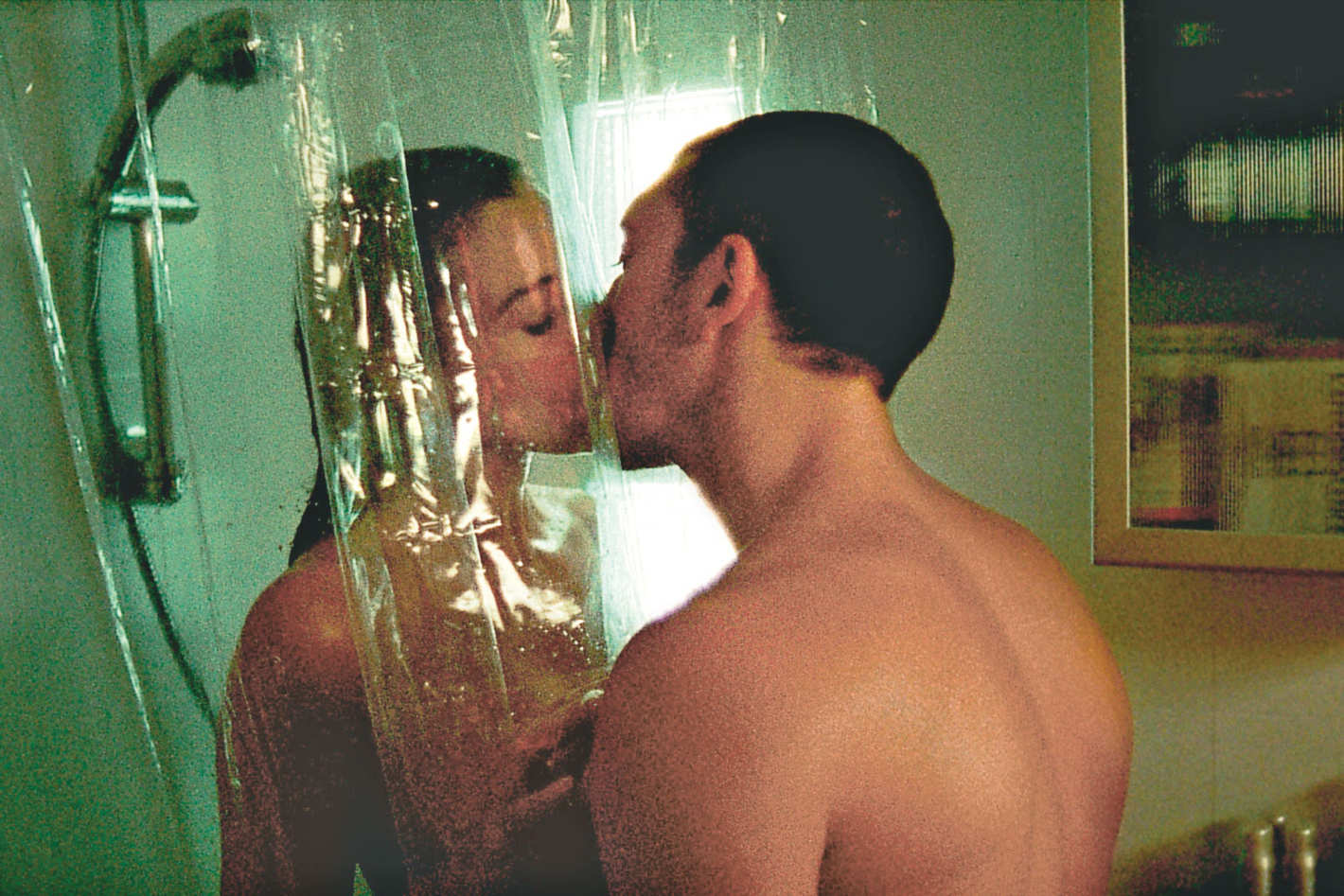
At this year’s Venice Film Festival, provocative Argentinian director Gaspar Noé premiered his second feature length film Irréversible, originally released in 2002, in reverse.
This sounds nonsensical nevertheless, have you ever watched a film where the thrilling aspects come at the beginning?
Originally debuted at the 2002 Cannes Film Festival, Irréversible follows the story of two men around the streets of Paris to avenge a brutally raped girlfriend. The film not only boasts a stellar cast with my favourite ever acting couple Monica Bellucci and Vincent Cassel, it also comes with a soundtrack by 50% of Daft Punk: Noé pulled out all the stops to shock his audience the second time round.
This film divided critics and caused much controversy even down to its genre. It has been classed as New French Extremity with cinéma du corps themes. Yet it has also been deemed unwatchable.Like most French films, it will leave you pensive about life and make you question Noé’s claim that ‘time reveals all’
It is rumoured that Bellucci insisted that Cassel left the set whilst the rape scene was filmed. It has also been seen as homophobic as it features a brutal attack on the rapist, which Noé defended by saying he appears in the film ‘masturbating at the gay club’ to show he was not ‘superior to gays’: an unusual expression of solidarity.
One character from his feature length debut I Stand Alone (1998) makes an appearance at the start, not only acting as a memento from his previous film, but providing a prophetic monologue of the brutal sexual assaults to come.
If you fancy watching a classic French film brimming with gratuitous violence, questioning of morals and a soundtrack by Thomas Bangalter of Daft Punk, then give this film a chance. Like most French films, it will leave you pensive about life and make you question Noé’s claim that ‘time reveals all’. Keep your eyes open for the ‘straight cut’ take of Irréversible.
Faces Places (2017) dir. Agnes Varda
By Ellie Fernyhough, Third Year, Psychology
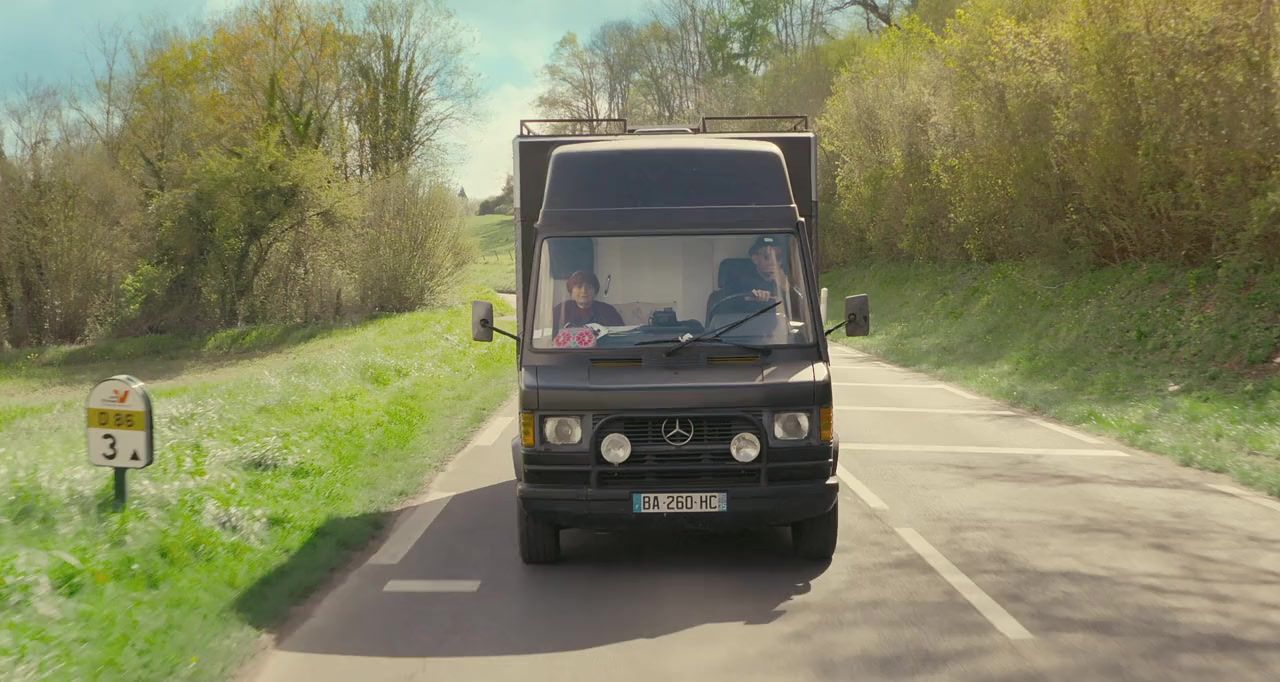
Agnes Varda’s penultimate film, a gentle narrative documentary about rural communities, was my introduction to the French New Wave pioneer and made me fall in love with her.
While it isn’t a departure from the work which made her famous - her films were always driven by the characters in them, like the vapid Cleo followed about her day as she nervously awaits medical test results Cleo From 5 To 7 (1962), or the sensitive portrait of her late husband Jacquot de Nantes (1991) - there is a tangibly nostalgic note, a woman at the end of her career winding down to rest.
It is beautifully endearing to watch the small old woman step in front of the camera for once, delighting in the vibrant energy of her co-star, the artist JR, and the stories of the people they meet on their sunsoaked road trip through rural france. Photography being Varda’s original passion, it makes sense for her to eventually collaborate with JR, whose modus operandi is pasting massively scaled up photos over buildings.
| Faces Places: 90 year old French film veteran Agnes Varda still has her hunger for art
Varda also speaks beautifully of her own mortality; she seems on every level accepting of the end of her life - which cuts especially deeply for her fans today, after her recent death from a secret battle with cancer. This film, which made Agnes Varda the oldest person to be nominated for an Oscar, is a refreshing and endearing window into a friendship spanning generations, and wonderfully normal lives which Varda manages to demonstrate the beauty in.
Director Jean-Luc Godard
By Sara Espinosa Rastoll, First Year, English and Philosophy
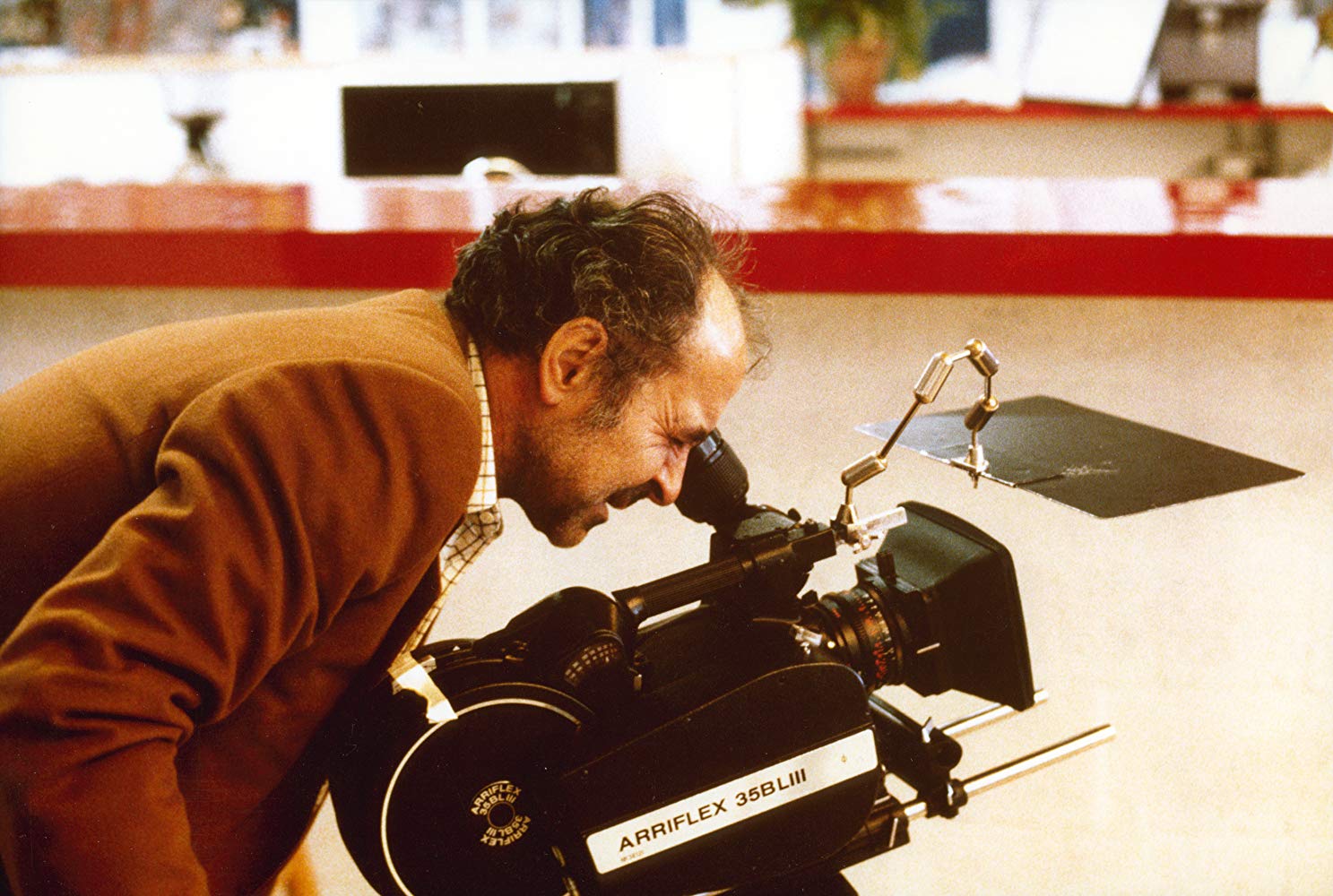
At times, it feels like contemporary cinema has accustomed us to such thrilling plots that, when faced with classics of the big screen, we tend to dismiss them as having substandard visual effects and dull backgrounds.
Even graver are the spoon-fed morals that are evident in current film dialogues and which, when unclear, make us anxious and sceptical about a motion picture. It is this standardisation of cinema and consumerist culture that is partly responsible for the tragic decadence of the silver screen in recent times.
Delving into foreign or past art seems vital to restoring our love for it, and Jean-Luc Godard is the ideal start. As one of the founding fathers of La Nouvelle Vague, the 1960s French New Wave, not only does his work diverge from our current traditions, but also from the cinematic traditions which preceded him, making him an outsider to his own craft.
The cinema develops into a philosophical quest, a search for one’s own thoughts and beliefs and, ultimately, a cry for freedom
In a way, this subversion of the conventional makes him the creator of this new set of conventions, where the cinema develops into a philosophical quest, a search for one’s own thoughts and beliefs and, ultimately, a cry for freedom.
After all, cinema is but a reflection of our lives, and if it fails to illustrate our own contradictory and unintelligible emotions, how are we to embrace these? Godard teaches us to think freely in art, and maybe this is what we need in order to think freely in life.
Featured: IMDb / Ciné Tamaris
Did your favourite French filmmaker make our writers' cut?


